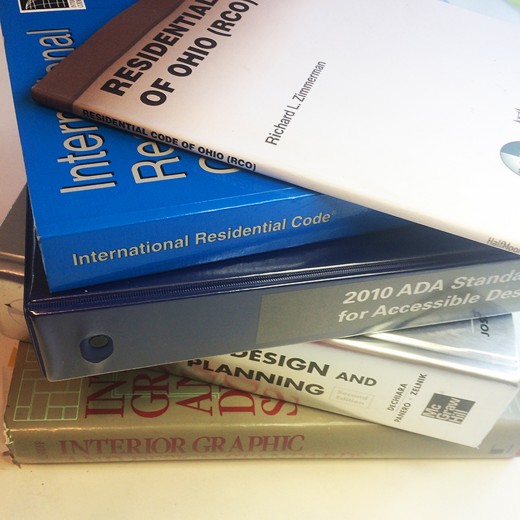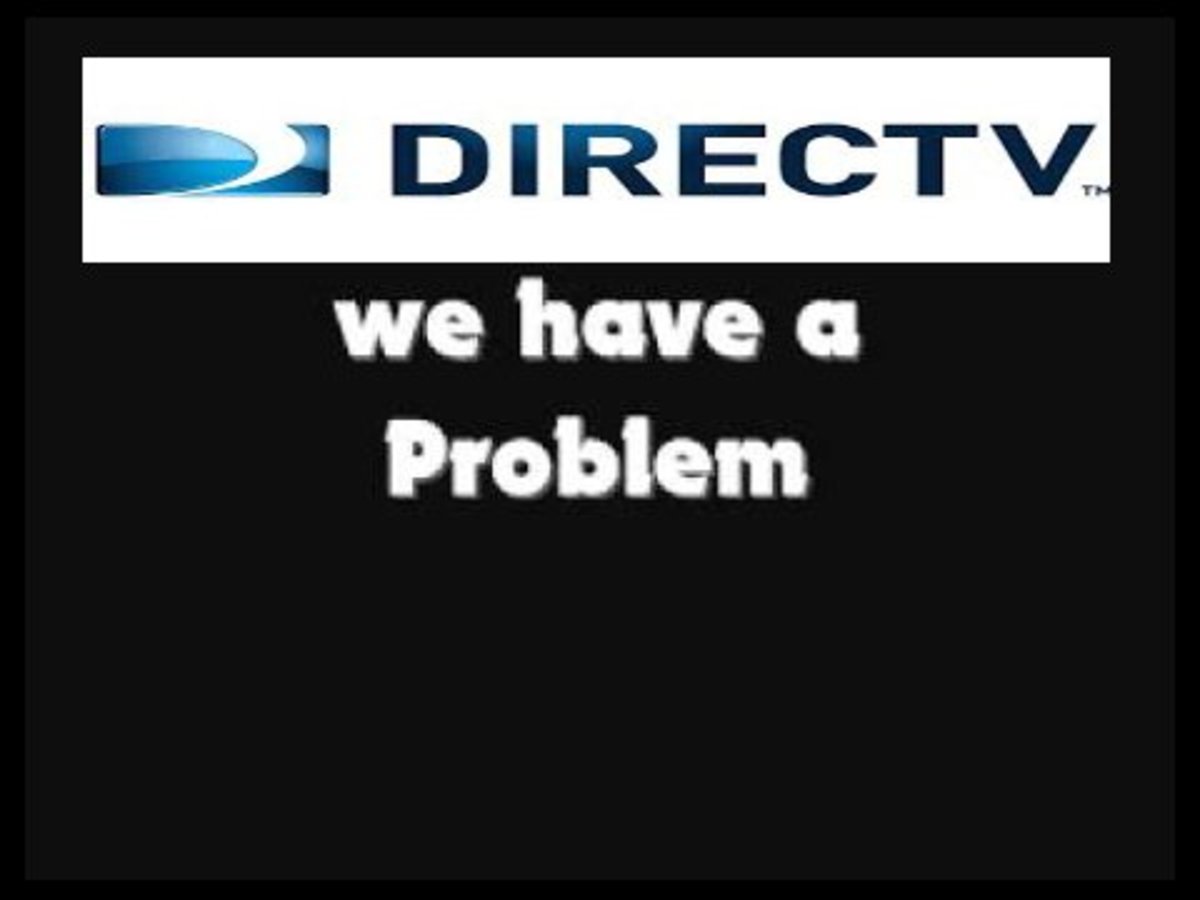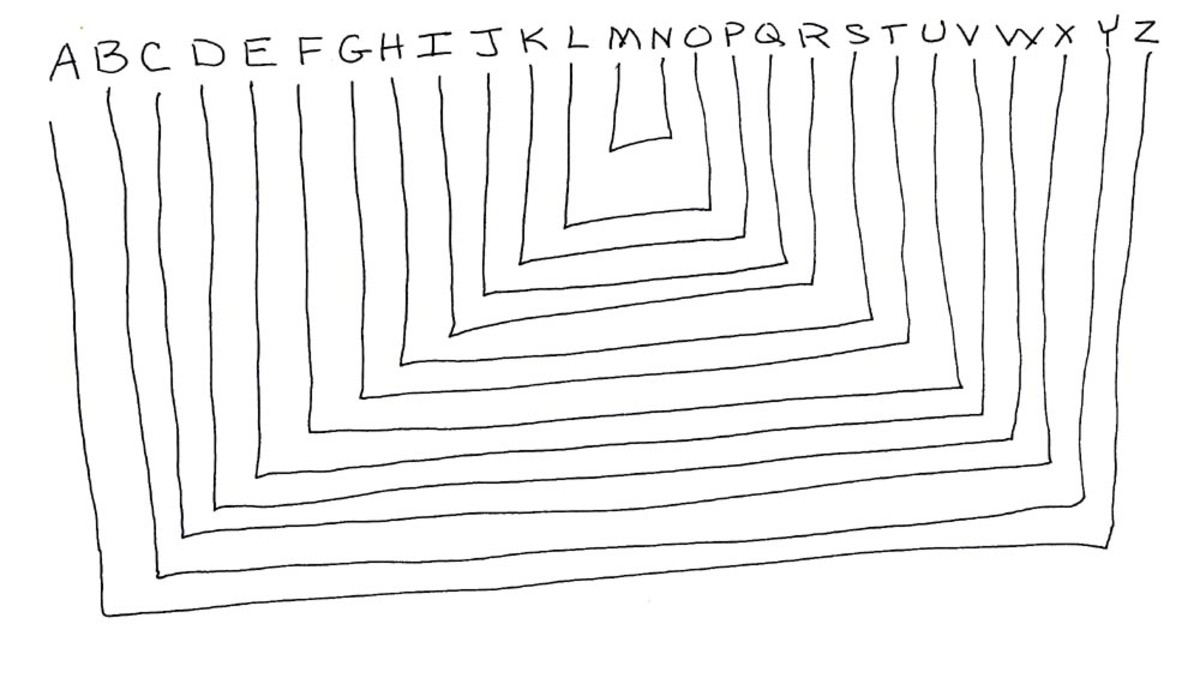Premises Liability: Code? What Code?
Which Code(s) Do I Use?

What is 'Premises Liability'?
'Premises Liability' refers to any action of liability, insurance claim, or lawsuit concerning the physical features of a real estate property, building, or 'premises'. Examples would include: a patron tripping over a property's unmarked step; a building canopy collapsing on a person or vehicle; a roof leak that damages stored goods; someone falling down improperly constructed stairs; and so on.
Usually, the very first question to arise in any premises liability case is, “What Code governs?”. Often, the intended meaning is 'building code', but it could also mean 'zoning code', 'housing code', 'accessibility code', 'life safety code', and/or 'fire code', among many others. So, obviously, the answer to that very first question is typically a long and complex one.
First, there may or may not be just one Code binding on the premises. Is there a state or regional code? A local building code? Are there local supplementary ordinances regulating buildings, construction, maintenance or accessibility? A life safety code, or a fire code? A property maintenance code? A plumbing code? A mechanical code? An electrical code? Do any Federal regulations apply? Any tenant-landlord law? Thorough research is required to identify any and all Codes, ordinances or other regulations that may apply to the particular premises.
Timing of Codes & Ordinances
Second, timing will also likely be a factor. Were the premises permitted, constructed, inspected or approved under outdated editions of any Codes or of local ordinances that may have been since repealed or not yet in effect? Were they substantially altered or expanded during the effective terms of any later Code editions? Do the applicable Codes contain any timing ‘triggers’ or thresholds that determine when updated Code provisions might apply? Bear in mind that virtually all Codes and ordinances undergo frequent periodic amendment, and their applicability to elements of the subject premises may therefore well change over time.
Third, local approvals, citations and actions may modify the Codes’ applicability to the premises. In many jurisdictions, a duly authorized local building official may permit variations from strict Code adherence for good cause. Many Codes in fact incorporate language that allows for alternate ‘reasonable accommodation’ to various Code requirements. It is therefore wise to obtain all public records related to the history of the design, submittal, review, construction, inspection and code-compliance of the premises. One can also ask about prior recent approvals processes for similar premises or projects to see what one might face moving forward.
Look to the Local Jurisdiction
Fourth, Codes are not all that bind the premises. A local health board, water or sewer district may regulate the design or construction of various building elements. Hazard abatement or quality of life ordinances may require modifications to premises, or may mandate maintenance standards. Local fire officials may establish additional fire or life safety standards, inspections, or approvals that apply.
Fifth, the professional fields of architecture, design, planning and construction have standards of their own. Furthermore, those standards apply not only to professional conduct, but also to aspects of premises design, layout, and access, as well as to specific physical construction and maintenance requirements. Such normal prevailing industry standards can usually be considered just as binding as requirements embodied in Codes and ordinances.
Don't Forget Manufacturers
Sixth, the manufacturers of virtually every material, product, assembly, appliance or fixture incorporated into the construction of the premises have their own recommended minimum standards of construction, installation, maintenance and servicing as well. Whether the premises liability concerns the strength of a handrail, the thickness or safety of glazing, the water-resistance of exterior cladding, the slipperiness of floor tile, or the fire-resistance of wallboard, manufacturer standards may have direct bearing and applicability.
In conclusion, determining exactly what Codes (and which Code and other provisions) apply to a particular premises liability issue requires the thorough research and analysis skills of a professional Expert Witness versed in the above considerations. And, since architects licensed in the same state or region as the premises in question are best informed as to the Codes, ordinances and regulations that bind on properties, buildings, sites and physical improvements, an architect will likely be your best Expert Witness or adviser. To find the right Codes for your premises liability case, feel free to contact the author at any time via professional web search sites.
- Avoid Lawsuits
If you happen to own a business, building, development, estate or simply a residence, there are actions you can take to minimize your risk of a premises lawsuit. - Personal Injury: Walks, Ramps, Stairs and Steps
How safe is your facility? Following are tips on how to reduce personal injury risks. - Architectural Expert Witness
Architectural Expert Witnesses are essential to resolving litigation regarding premises liability, construction defects, accessibility, flooding, mold, collapse, injury and death. - Using an Architect
Here's what you need to know about what an architect can do for you, and how best to benefit from architectural services.








